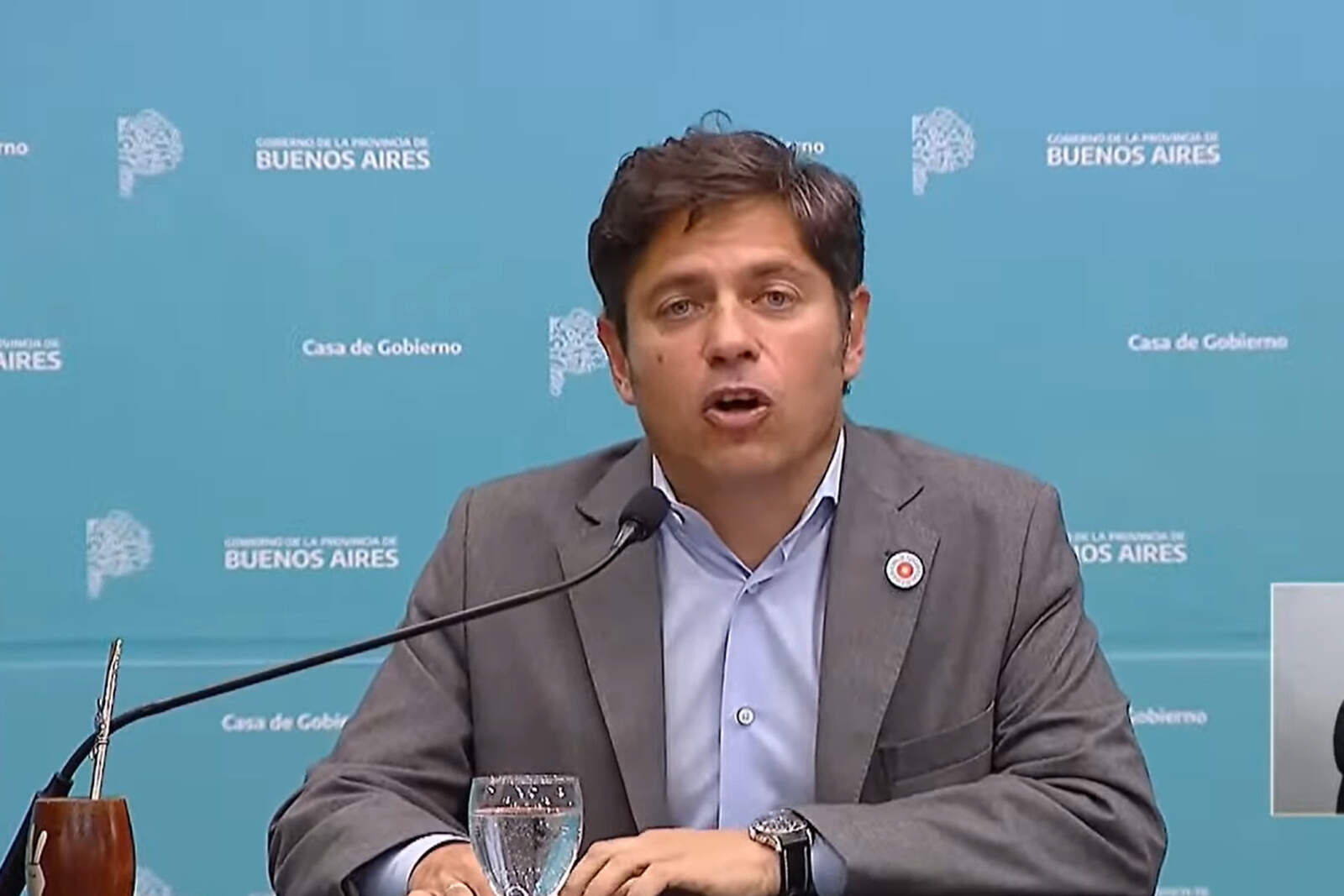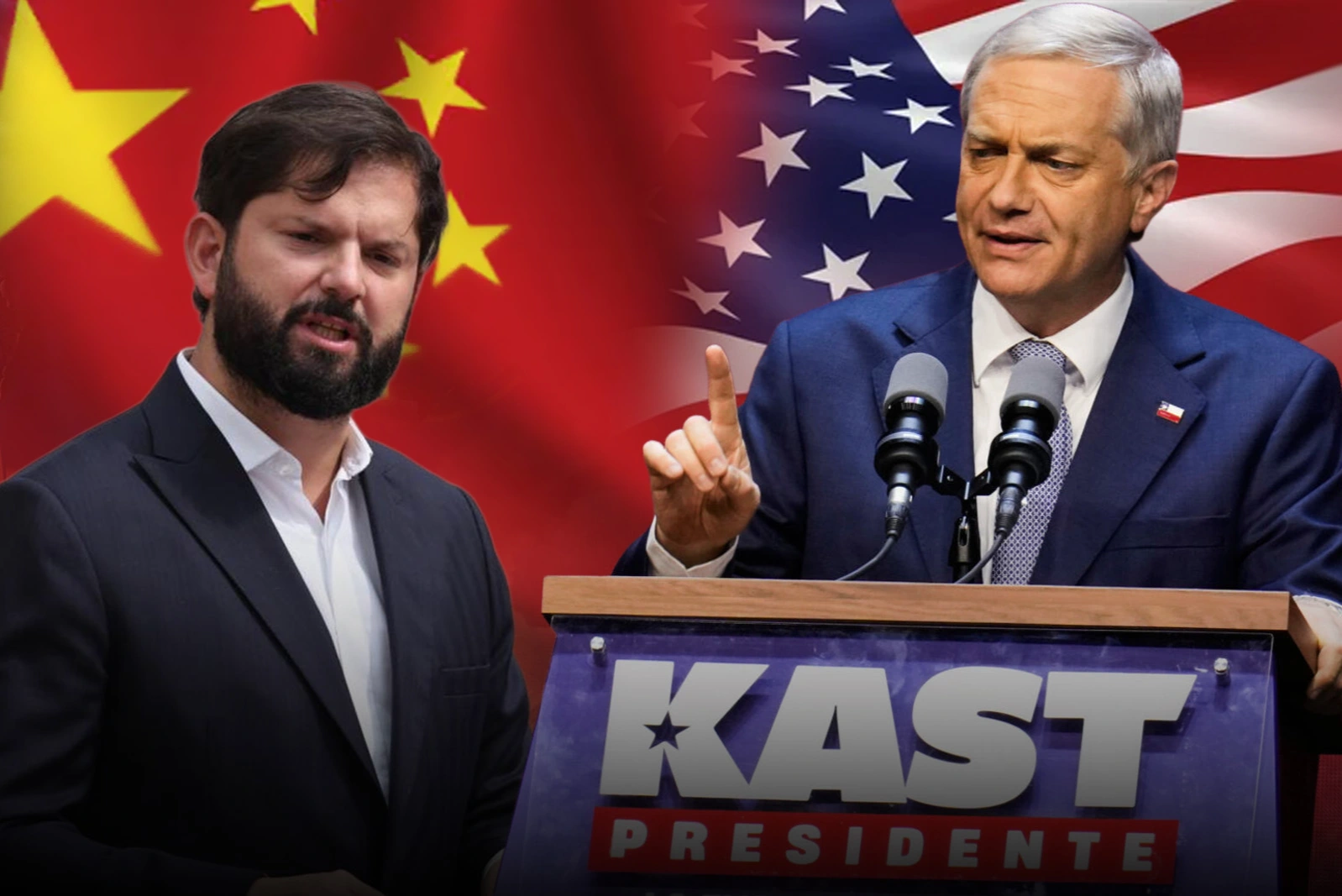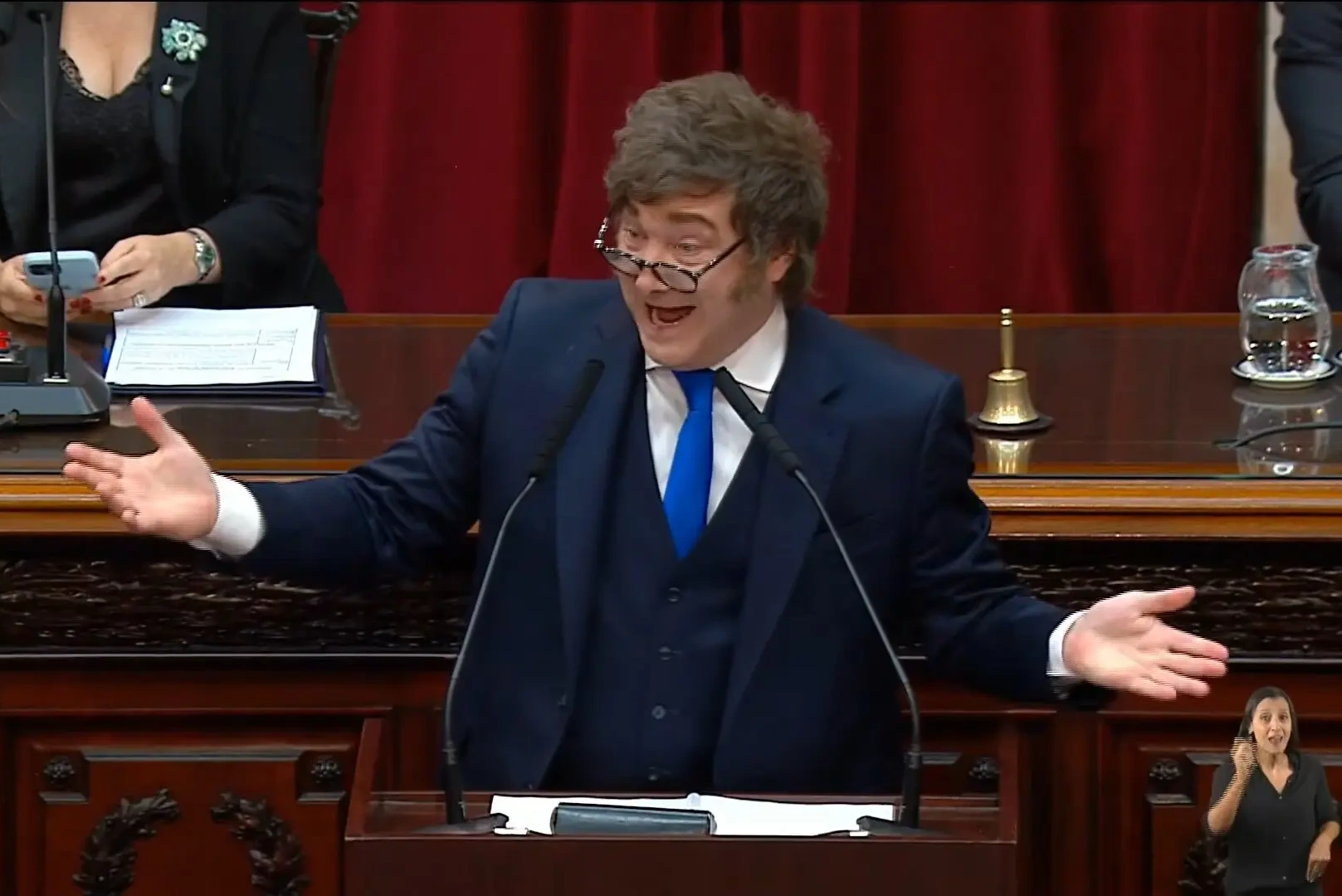Axel Kicillof formalized on Monday the splitting of the legislative elections in the province of Buenos Aires and the suspension of the PASO. Far from strengthening Peronism, the decision ended up breaking the fragile internal balance of Kirchnerism, causing a strong confrontation with Cristina Fernández de Kirchner.
In a press conference from La Plata, Kicillof defended his decision by arguing that he has “the authority to set the date of the provincial elections”, and that he did so to ensure “a serious electoral calendar” that will be held on September 7, separate from the national elections. But the technical justifications failed to hide the political background of a unilateral measure, which caused annoyance and disappointment in much of his space.
The suspension of the PASO exposed the internal crisis of Kirchnerism
Kicillof's announcement came hours after a failed meeting with Máximo Kirchner and Sergio Massa, in which he failed to agree on a common strategy to face the elections.
The meeting, which took place in La Plata, was described as “long and bad” by sources close to the participants, confirming the total lack of agreement among the main figures of the space.
Cristina Kirchner, who had publicly pressured to maintain the PASO and unified elections. Additionally, she considered the splitting as a political betrayal.
According to sources close to La Cámpora, Kicillof's decision “breaks any possibility of unity” and revives tensions that had been growing for months. “If Axel insists, Cristina plays outside”, was the warning that circulated within the former president's circle, according to NA.
Kicillof tried to soften his stance by assuring that he will continue “working for the unity of Peronism”. But his unilateral gesture was read as an act of rupture, especially when he had already sent to the Legislature a project to suspend the PASO in Buenos Aires territory. A double move that was not consulted with the rest of the sectors of the Frente de Todos and that increases the distrust within the space.
A risky move in an adverse scenario
The leader justified the splitting by appealing to a technical argument: the implementation of the Single Ballot at the national level, which, he explained, would make it “unfeasible” to vote on the same day with two different systems. He argued that it would involve “two different ballot boxes and two different ballots”, which would complicate the electoral operation.
However, the technical explanation is not enough to disguise the political impact of the maneuver. Kicillof's decision not only deepens the break with Cristina Kirchner but also isolates him within his own space.
Many mayors and provincial legislators warned of the electoral risk of fragmenting the calendar, especially in a context where the opposition is becoming increasingly competitive.
By announcing a measure of this caliber without internal consensus or explicit support, Kicillof exposed his personal ambition over collective construction. Instead of consolidating Buenos Aires Peronism, he consolidated the fracture, leaving Unión por la Patria fragile, divided, and disorganized in the country's most important district.








